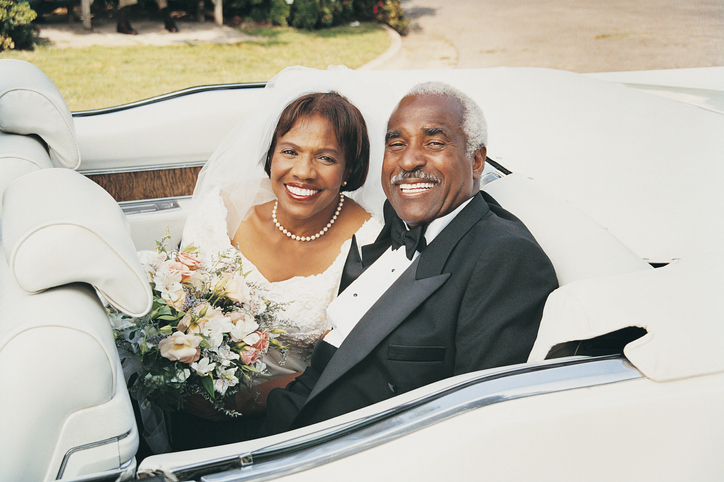
Marrying in later life can cause complex financial issues. Here is some advice on how to protect your finances and approach financial discussions.
Whether you have been married before and got divorced, or were widowed, concerns can arise when deciding to marry again later in life. This can be in relation to protecting your family’s inheritance, as well as how to make proper provision should you separate, or when one of you passes away.
Making these decisions can cause tension, not only between the two of you, but also between you and your respective children, if you have any. However, if these issues are not addressed and the parties to the marriage do later separate, the Court has a wide discretion on how to approach the division of assets. Here are some tips.
Tips for marrying in later life
#1 – Don’t assume you’ll keep the assets you had pre-marriage
Often people are misled into thinking that any asset they brought into the marriage will be returned to them if they get divorced. But when deciding how to distribute assets, the Court will consider the length of the marriage, the needs of the parties and the extent to which the assets have already been intermingled.
#2 – Talk about it with your partner and family
We would recommend open discussions, at the earliest opportunity.
Sometimes it is helpful to do this in the context of making a Will, but combining it with a pre-nuptial agreement (signed before you marry) or a post-nuptial agreement if you are already married. The issues to discuss might include:
- How would you want to share your assets if you separated and would this change the longer you are married?
- What assets do you want to pass to your children and how can they be protected?
- What happens if one of you inherits during the marriage, how would you want those assets to be treated if you later separated or if one of you dies?
- If one of you holds the majority of the assets, how will the needs of the other be met if you were to separate?
How pre and post-nuptial agreements can protect your finances if you’re marrying in later life
Considerable progress has been made in the courts in recognition of pre and post-nuptial agreements, and the rights of a party to a marriage to make arrangements for the treatment of their assets during the marriage and division of their assets on divorce.
Whilst pre-nuptial agreements do not bind the court completely, as it is not possible to oust the court’s jurisdiction, following the case of Radmacher v Granationo in 2010, there is a presumption that where an agreement is entered into freely, with a full understanding of its implications, it should be followed in the event of divorce.
The exception to this is where, in all the circumstances of the case, it would be unfair to do so. Post nuptial agreements are on a similar footing.
The key elements to a good pre or post-nuptial agreement are:
- Careful planning. A good conversation with a solicitor who is experienced in divorce finances. They will be able to advise you on the likely outcome should there be no agreement in place and draft the agreement so that it reflects the wishes of both parties and makes proper provision. The agreement must be seen as fair to both parties.
- Independent legal advice. Both spouses or fiancées will need separate legal advice. This will ensure that there is a record that the agreement had been fully explained, there was no evidence of duress and there was an understanding of the agreement they were entering into.
- Full financial disclosure of both parties’ assets. This means there are no secrets and no surprises. Everyone understands what the agreement protects and what provision can be made for each party.
- Plenty of time for them to be prepared. Pre-nuptial agreements should be signed at least 28 days before a marriage, and it is worth leaving several months for the discussions of the terms.
It is important to understand that putting a property in one person’s name, having a declaration of trust stating the shares a property is held in or putting assets into a trust, will not protect those assets on divorce. All assets of both parties are matrimonial assets and subject to the court’s discretion on divorce.
The first step for any family considering entering into a pre-nuptial or post nuptial agreement, is to obtain good advice. Our solicitors are experienced in preparing these agreements and they are able to work with other experts within the firm, including Will specialists, to ensure all your needs are met.
If you are planning on getting re-married or marrying later in life and would like advice on how best to fairly protect your assets, please get in touch.
